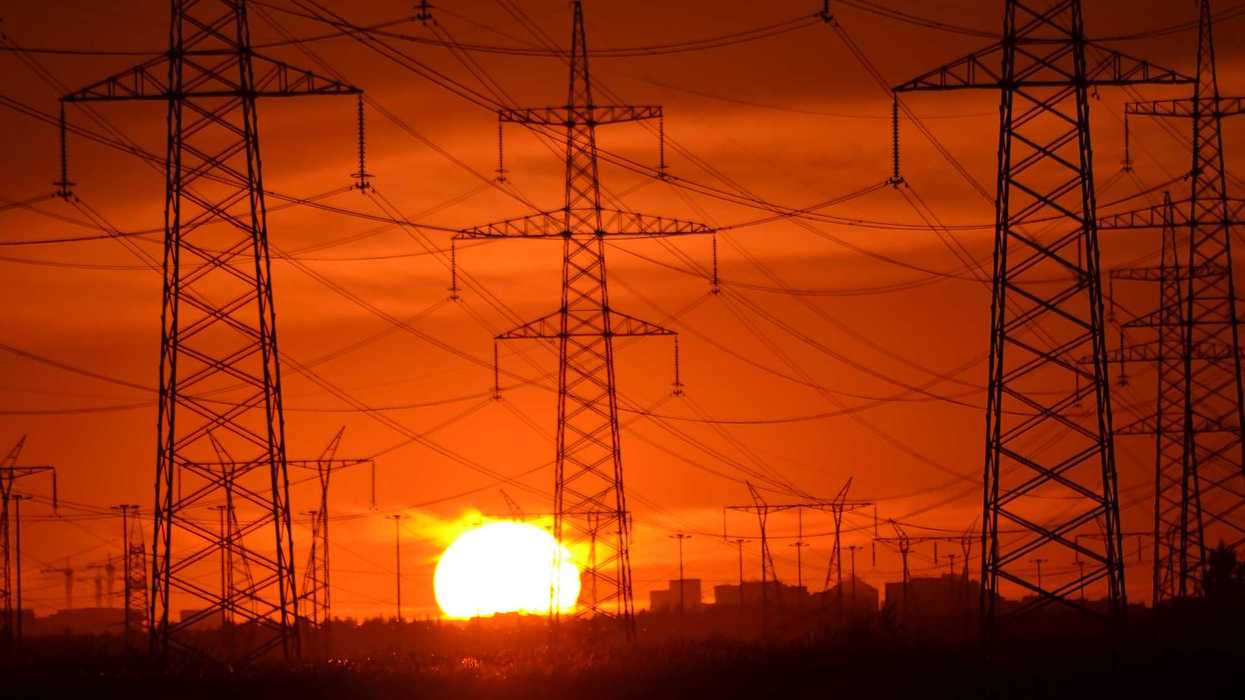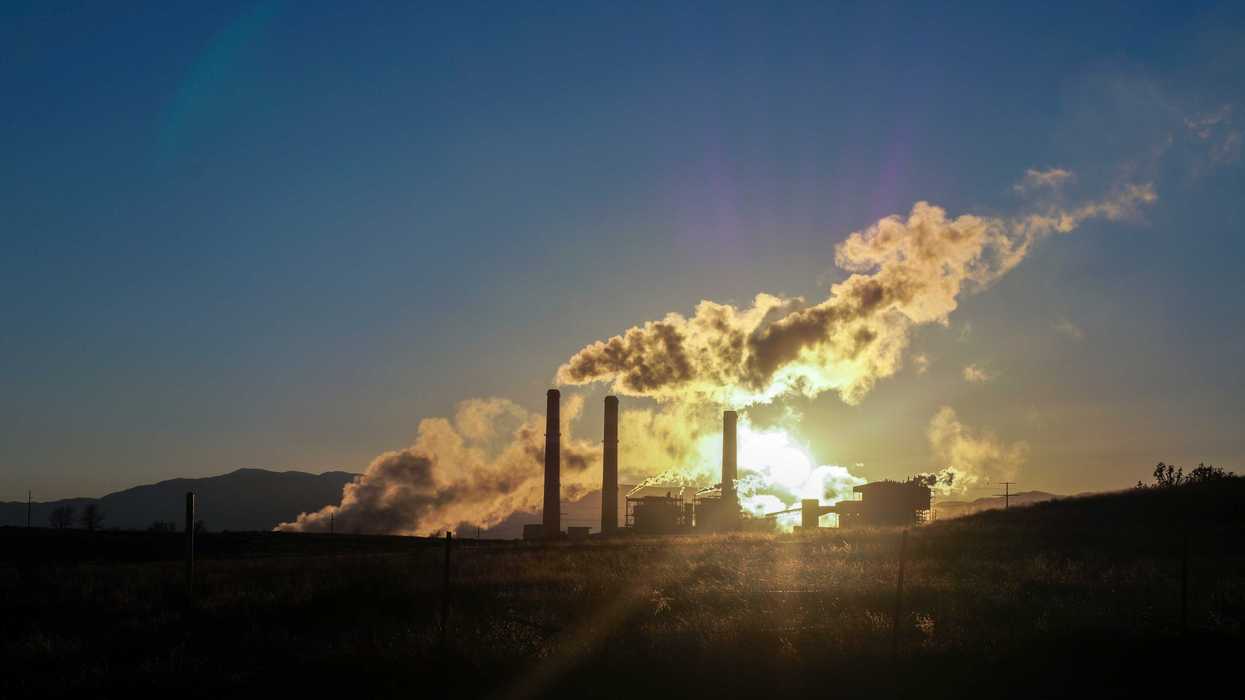The plastics industry promotes chemical recycling as a solution to pollution, but critics argue it falls short of its promises.
Laura Paddison reports for CNN.
In short:
- Chemical recycling aims to transform hard-to-recycle plastics into reusable materials, but facilities like Regenyx in Oregon have struggled to reach their full potential.
- Critics argue that chemical recycling often produces fuel rather than new plastic products, lacks transparency, and is energy-intensive.
- Despite industry optimism, chemical recycling has yet to prove scalable, with many facilities operating below capacity and facing operational issues.
Key quote:
"It’s a PR stunt. It’s an illusion.”
— Jennifer Congdon, deputy director of Beyond Plastics
Why this matters:
Environmental advocates and scientists are raising red flags, arguing that chemical recycling is not the panacea it's cracked up to be. Critics point out that these processes are energy-intensive, potentially negating the environmental benefits they purport to offer. Moreover, the technology is still in its infancy, with many facilities struggling to operate at a commercial scale and facing technical and economic hurdles.














